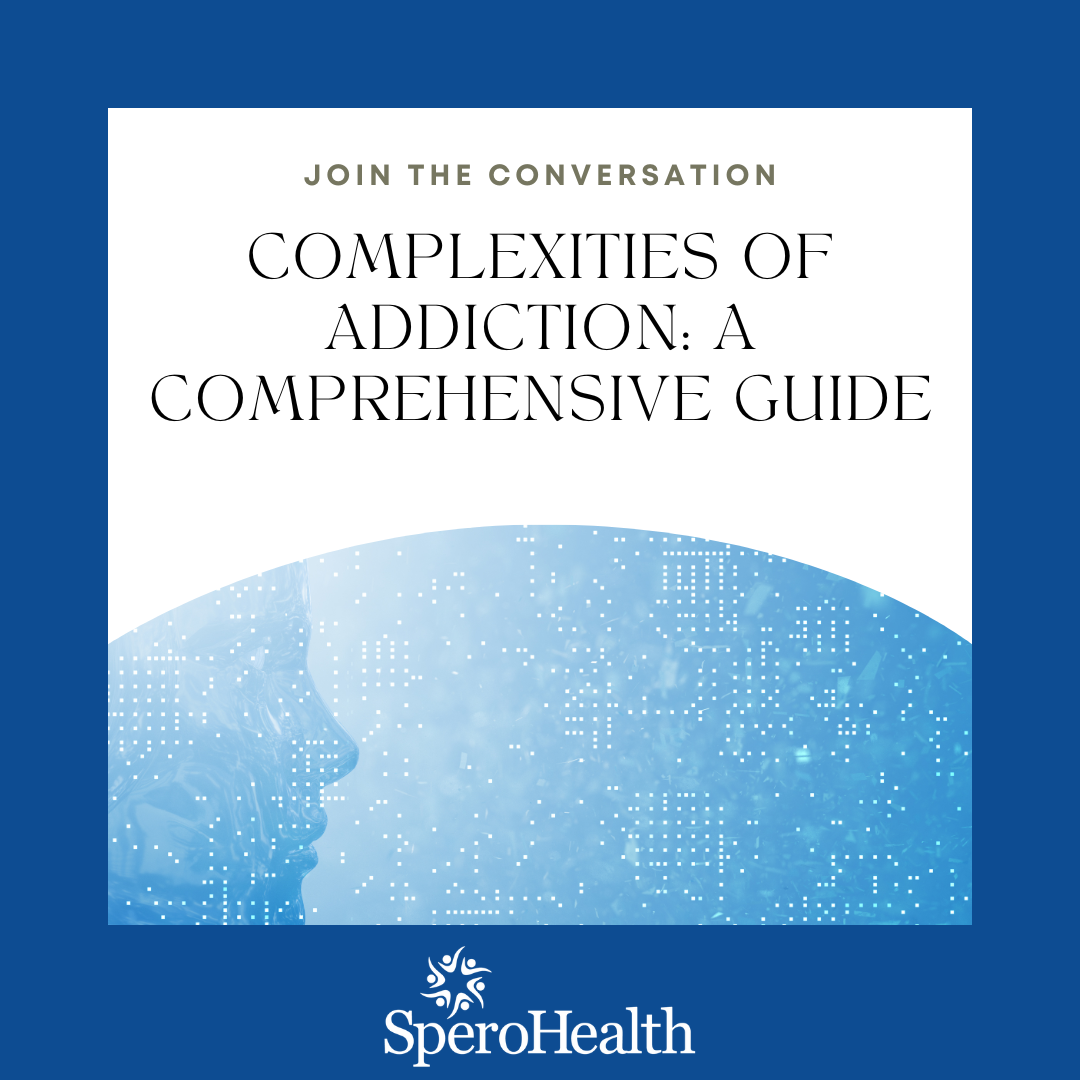Addiction is a complex and multifaceted issue that affects millions of individuals worldwide. It goes beyond the stereotypes and misconceptions often associated with it. In this comprehensive guide, we will delve into the depths of addiction, exploring its causes, effects, and the path to recovery. By increasing our understanding, we can foster empathy, reduce stigma, and pave the way for a brighter future.
-
What is Addiction?
Addiction is a chronic disease characterized by compulsive substance use or engagement in certain behaviors, despite harmful consequences. It is important to recognize that addiction is not a matter of choice or moral failing but rather a complex interplay of factors.
-
Types of Addiction:
Addiction can manifest in various forms, including substance addiction (such as drugs or alcohol) and behavioral addiction (such as gambling, gaming, or food). While the objects of addiction may differ, the underlying mechanisms and consequences share many similarities.
-
Understanding the Causes:
Addiction is influenced by a combination of genetic, environmental, and psychological factors. Genetic predisposition, early exposure to substances or addictive behaviors, trauma, mental health conditions, and social influences all play a role in increasing the risk of addiction.
-
The Brain and Addiction:
The brain plays a critical role in addiction. When a person engages in addictive behaviors or consumes substances, the brain’s reward pathway is activated, leading to the release of dopamine, a neurotransmitter associated with pleasure and reinforcement. Over time, the brain adapts, leading to tolerance, dependence, and cravings.
-
The Cycle of Addiction:
Addiction follows a cyclical pattern that includes the stages of experimentation, regular use, problematic use, and addiction. Understanding these stages can help identify warning signs and intervene early.
-
Effects of Addiction:
Addiction impacts every aspect of an individual’s life. It affects physical health, mental well-being, relationships, work or school performance, and overall quality of life. The consequences extend beyond the individual, affecting families, communities, and society at large.
-
Treatment and Recovery:
Recovery from addiction is possible with the right support and treatment. It is crucial to adopt a holistic approach that addresses physical, psychological, and social aspects. Treatment options may include therapy, medication, support groups, and lifestyle changes. Individualized plans and ongoing support are key to long-term recovery.
-
Breaking the Stigma:
Addiction carries a heavy stigma, often preventing individuals from seeking help and support. It is essential to challenge these misconceptions and promote understanding and compassion. Addiction is a disease, not a moral failing, and those affected deserve empathy, support, and access to proper care.
-
Prevention and Education:
Prevention plays a crucial role in curbing addiction. Educating individuals, families, schools, and communities about the risks, warning signs, and healthy coping mechanisms is vital. By fostering resilience, promoting mental health, and addressing underlying factors, we can reduce the likelihood of addiction.
Unveiling the complexities of addiction is a vital step toward increasing awareness and understanding. By recognizing addiction as a chronic disease with complex causes, we can offer empathy, support, and effective interventions. Let us work together to break down barriers, reduce stigma, and pave the way for a society that supports prevention, treatment, and recovery for all those impacted by addiction.
